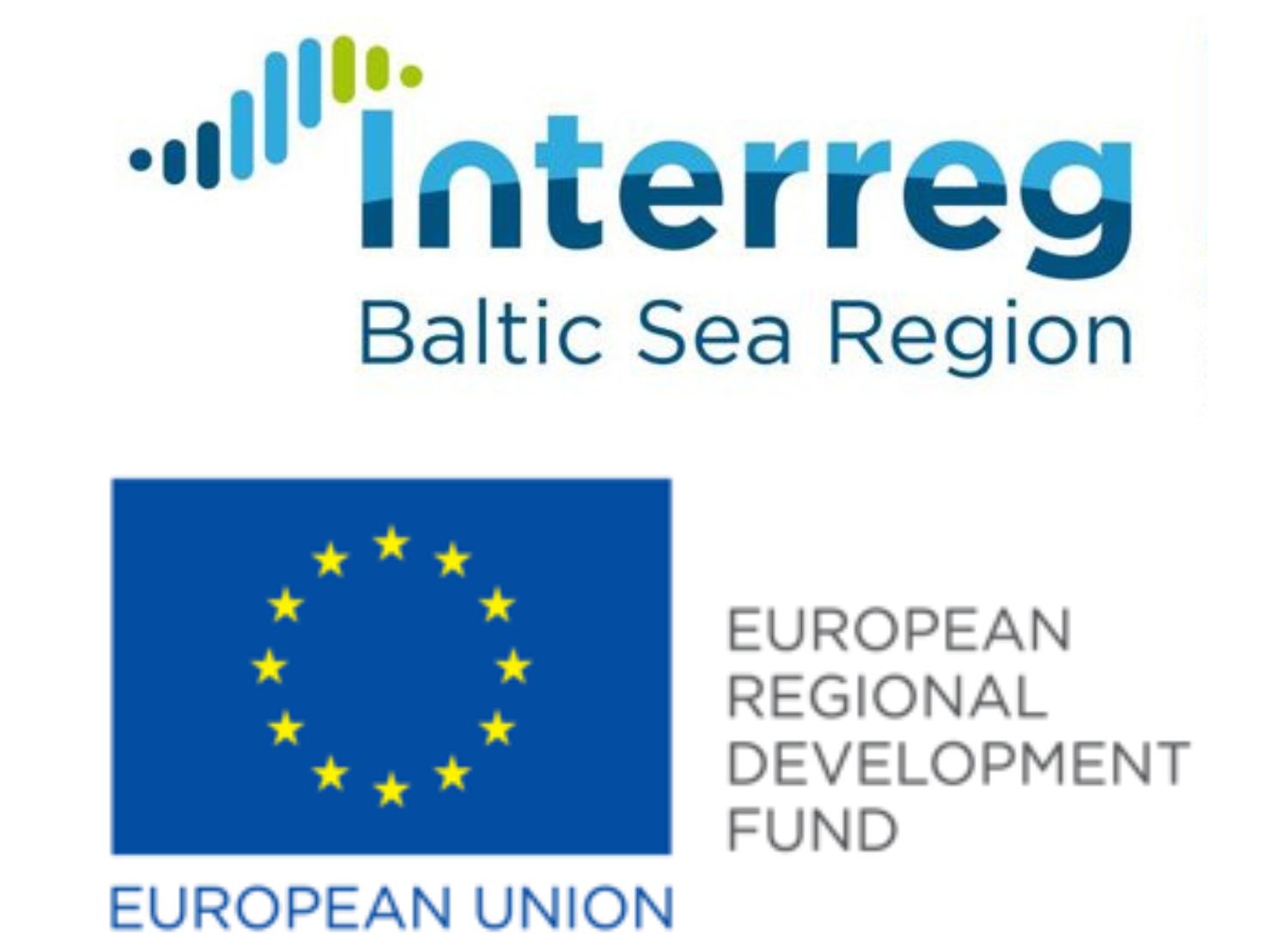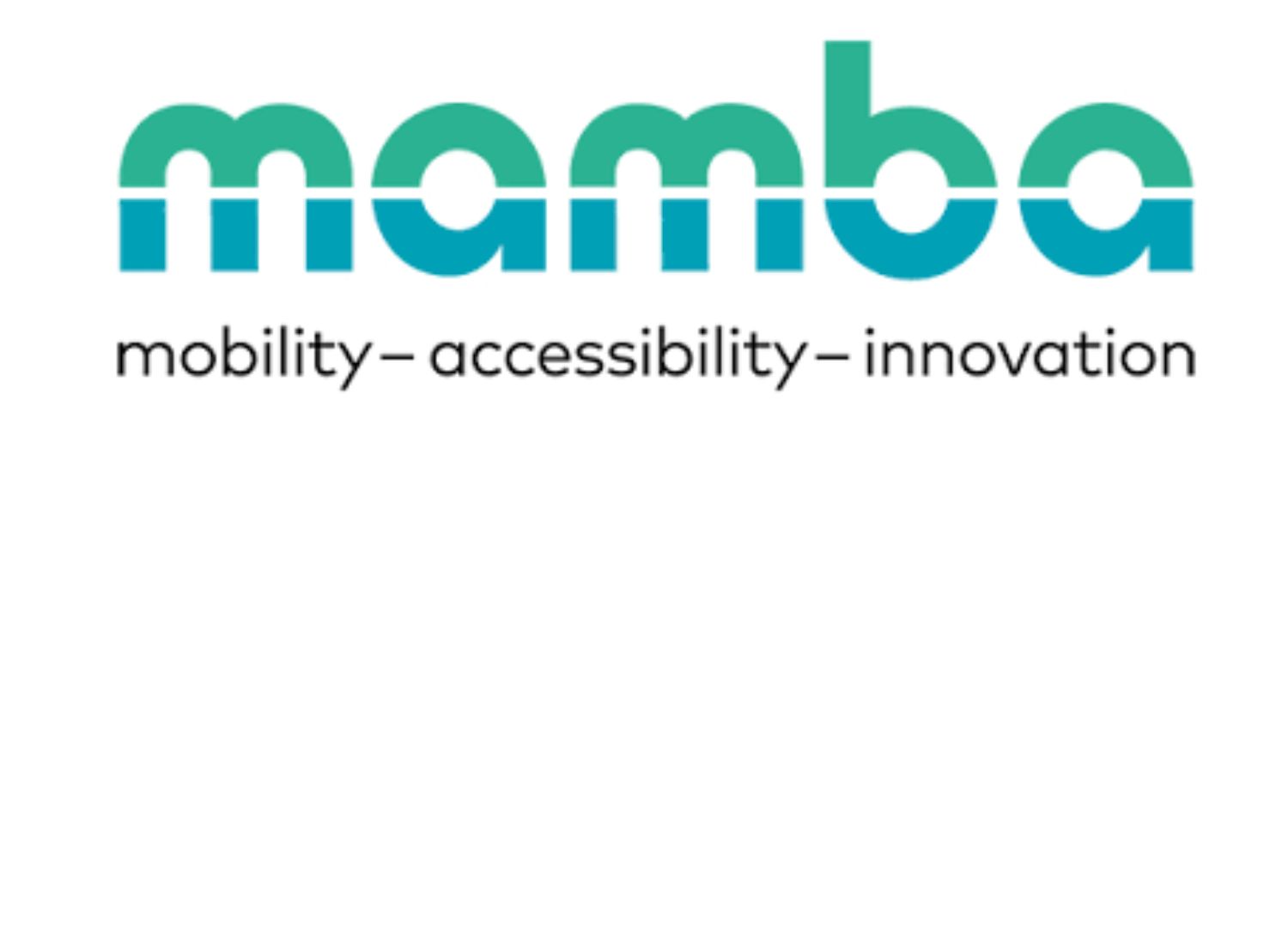Maximised Mobility and Accessibility of Services in Regions Affected by Demographic Change (MAMBA)
The MAMBA project aims to promote “people-to-service” and “service-to-people” mobility solutions in rural areas, as well as residents’ participation in rural mobility design processes. Project MAMBA partners from six European countries are committed to jointly improve accessibility of mobility services in remote rural areas. Demographic change and limited public finances endanger the accessibility of services, goods and social life in many rural areas in the Baltic Sea Region (BSR). It is becoming increasingly difficult to ensure not only individual “people-to-service” mobility, but also the supply of “service-to-people” mobility (e.g. home care for elderly or various delivery services) in these sparsely populated regions.
The Vidzeme Planning Region will implement the Model Transport-on-Demand (TPP) pilot project under the MAMBA project and will manage the Activity Package “Building capacity for innovating and sustainable mobility solutions.” Within the framework of this work package, project partners will develop a database on mobility solutions, a manual for self-organized mobility, as well as guidelines for planning new mobility solutions, analysing the existing legal obstacles to the implementation of new results. Within the framework of this work package, national stakeholder events as well as rural mobility seminars will be organized, for which the responsible partner will be Vidzeme Planning Region.


